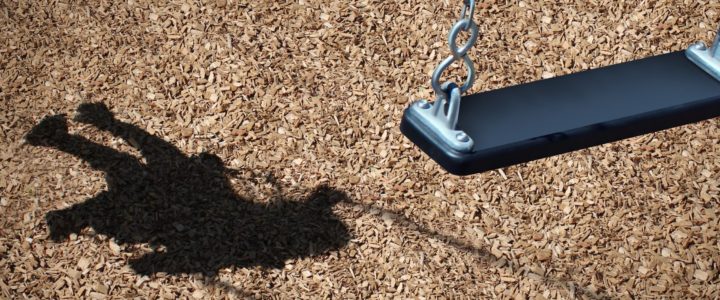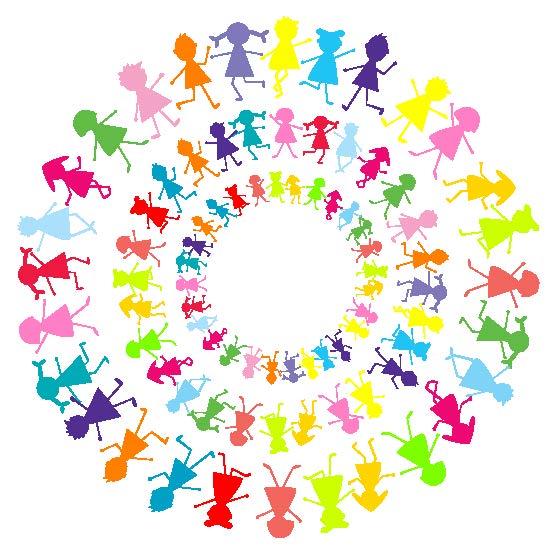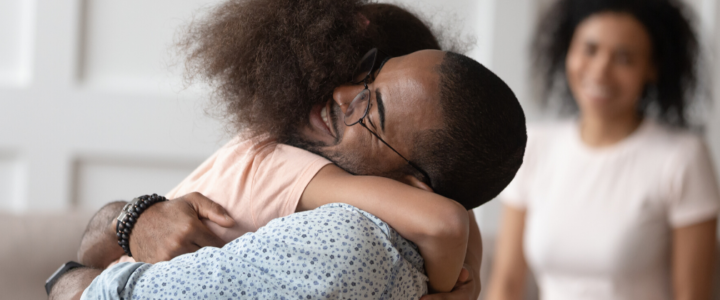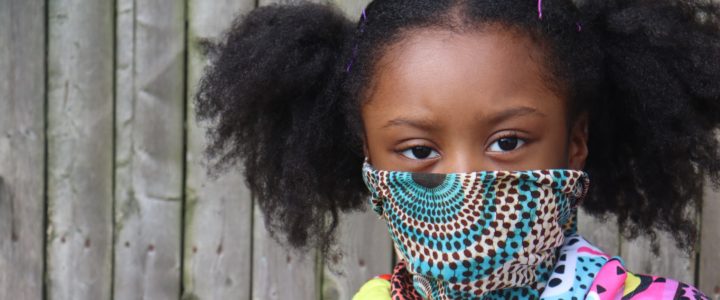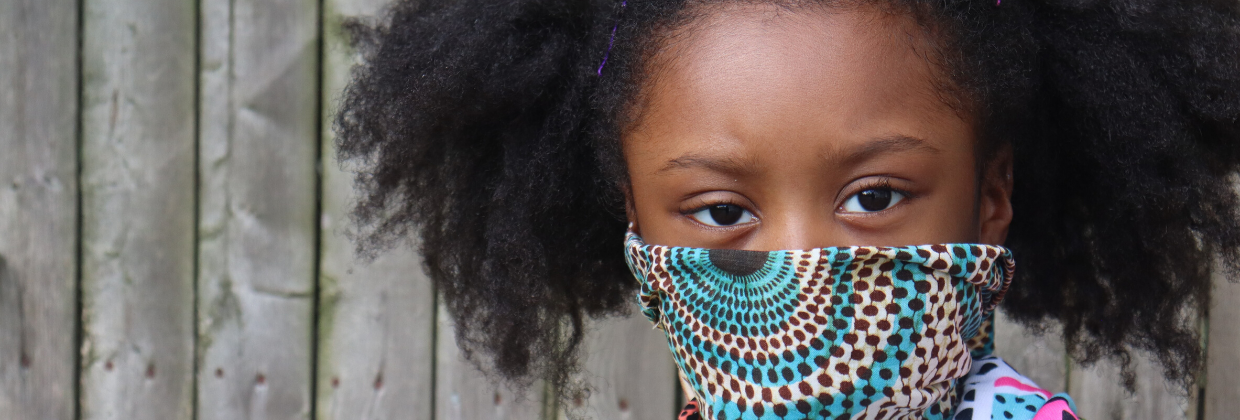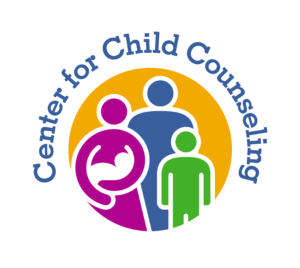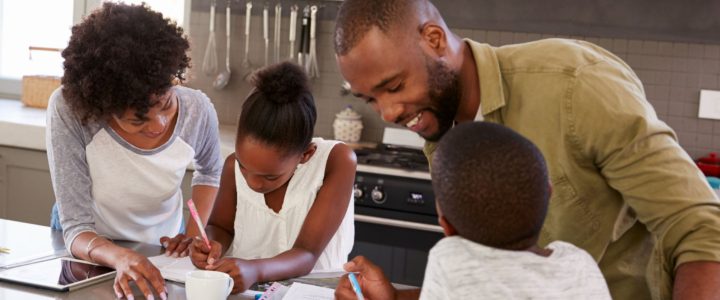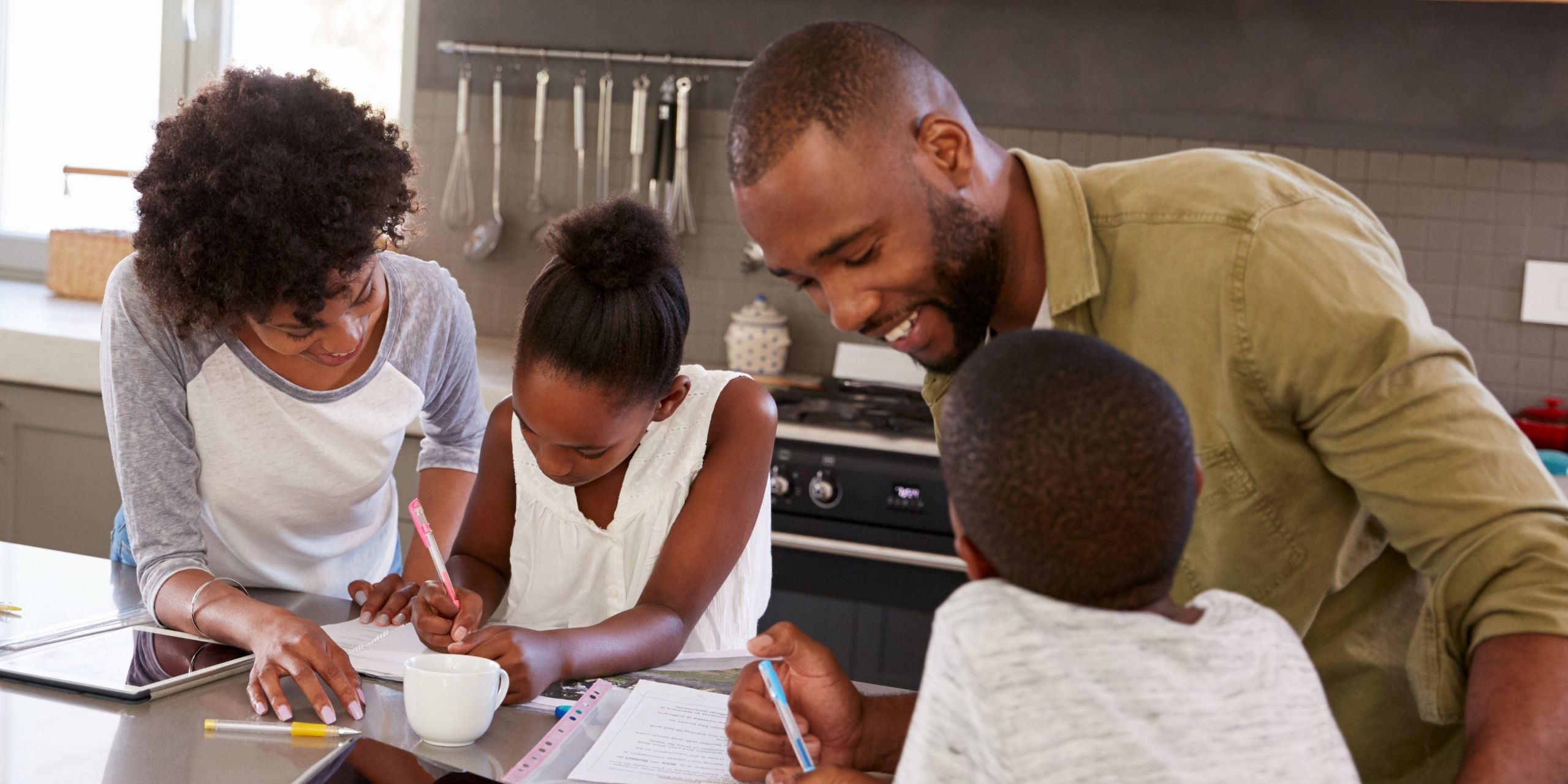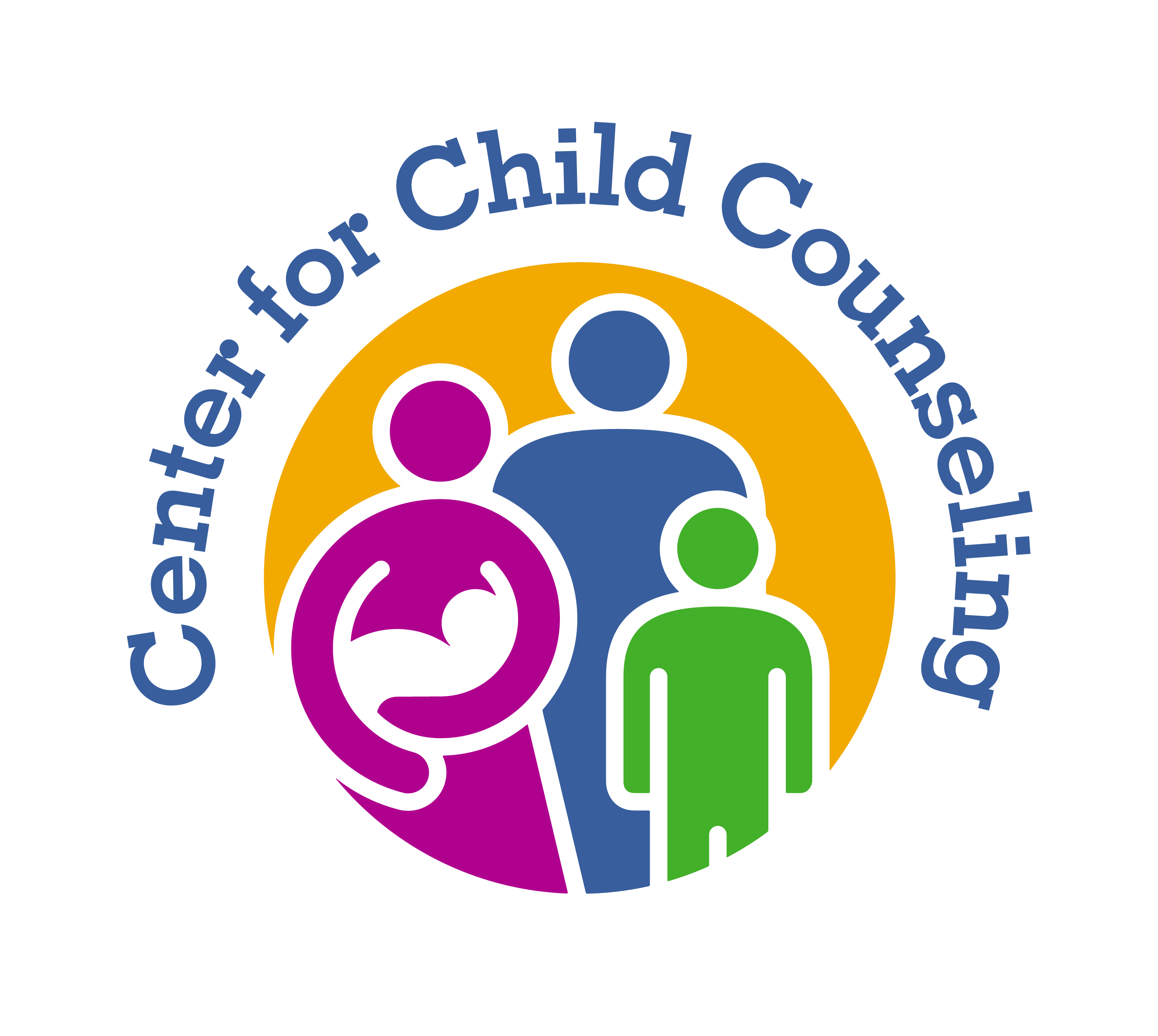By now, we know that Adverse Childhood Experiences (ACEs) are as pervasive as they are dangerous. No community, race, or socio-economic group is immune to their insidious effects. We know that toxic stress caused by sustained childhood trauma can impact children’s growing brains, resulting in potentially devastating mental and physical health outcomes throughout the lifespan. Scientific studies bear out the fact that childhood adversity can result in countless social ills from alcoholism to suicide to diabetes, but it is comforting to realize that the opposite is equally true. Positive Childhood Experiences (PCEs) are the kinds of activities and experiences that enhance a child’s life, resulting in successful mental and physical health outcomes. According to a recent study cited by Contemporary Pediatrics, “positive childhood experiences [may even] counter the damaging effects of adverse experiences.” PCEs are what make childhood such a joy, a time of growth, change, exploration, and undiluted happiness. So what interactions make the most effective PCEs and how can we focus on filling our homes (and the lives of all the children in our community) with these kinds of uplifting, fortifying experiences?
The Power of Positive Experiences
Whether we are parents, caregivers, or someone who spends a significant amount of time with children, as adults we play the most crucial role in childhood happiness. PCEs include identifiable situations in a child’s life that set them up for success such as feeling safe at home, having adults who support them, and being able to talk to the adults in their lives during difficult times. It seems clear that children thrive when they are provided with clear structure, age-appropriate games and entertainment, security, a kind yet authoritative parenting style, and oodles of love and acceptance. This is the kind of atmosphere in which children thrive, learning the skills they will need to be happy, healthy adults and productive contributors to society.
Of course, this is the “dream childhood” that many (if not most) of the world’s children will never experience. But families don’t have to be perfect for children’s lives to be full of positive childhood experiences. As long as there are buffers against the negative or traumatic experiences, children can learn to be resilient and rise to meet the challenges in their homes and communities. In fact, studies show that the presence of just one positive adult influence can make all the difference in a child’s life. No matter what a child’s circumstances are, each of us can be the adult who brings positivity, solid life lessons, stimulating experiences, and fun and laughter into a little one’s life.
Play is a Child’s Language
One thing most of us associate with childhood is play. Playfulness is the defining attribute of most children. It’s a quality that many of us miss as adults. A lot of the activities we engage in as adults like sports, games, practical jokes, or general silliness are an attempt to reconnect with the freedoms and exhilaration of childhood. But does it seem like the type of play children engage in has changed? It certainly has. You’ve probably noticed that the children in your life don’t play in the same way you did as a child. Were you outdoors more? Did you have to rely on your imagination to entertain yourself and your friends? Do you look at the amount of time your children spend on screens with concern? You should. As human beings, we may be adaptable, but recent studies confirm what scientists, child development experts, and pediatricians have been saying for some time: too much screen time can be detrimental to your child’s physical and mental health. It’s not necessarily that simply looking at a screen for a few hours a day is inherently harmful, but it takes away time from other activities your children definitely should be doing like being outside, exercising, and getting enough quality sleep. There are lots of ways to help manage the time your children spend on screens, if you feel it’s getting out of control.
Screen Time vs. Real Play
Since the onset of the COVID-19 pandemic, children’s screen time has rocketed. Where it might’ve been a vague concern before, it is now a genuine threat to mental health. Many children are now home schooled remotely using screens for a good portion of the day and then rely on screens for entertainment in the form of television viewing and gaming at night. “Children’s brains are not designed to grow and develop from screens,” explains Alice Ann Holland, Ph.D., ABPP, Research Director of the Neuropsychology Service at Children’s Health and Assistant Professor at UT Southwestern. “The brain is designed to develop from human interaction and exploration of the natural environment.” So what is the antidote to screen time and how can we replace the opportunities children have lost as social distancing prevents them from playing naturally with other children as they once did?
As the old adage goes: The more things change, the more they stay the same. Even though play seems to have changed over generations, young children still love the same things we loved when we were young — activities like drawing, coloring, playing with toys, acting out adventures with figurines, dressing up, conducting puppet shows, and reading books (especially with mom and dad when they are still very young). Examining a few of these few evergreen activities clearly illustrates their benefits and why we should never discourage time spent doing them.
The Purpose of Play
Firstly, we should can ask ourselves why children play? Play is a crucial developmental activity that teaches children countless lessons and prepares them for many adult roles. For example, coloring books teach physical dexterity. You will notice that as a child grows, their ability to control their crayons and pens increases. They are able to stay within the lines, eventually becoming very adept at coloring in perfectly. At this point, they may become bored with this activity and move onto another type of play that will challenge them to develop in different ways. When children play with the figurines or toys, they often use them to understand the world they live in, working out relationships, re-creating situations they have seen or experienced, or simply expanding their imaginations to create a whole new world. By watching children play, we can gain insight into what they are trying to work out in their minds, if something is bothering or upsetting them, or if there are issues that they seem to have trouble resolving.
We Can Learn from Children’s Play
Play also offers adults an opportunity to identify skill sets in a child that are unique to them and which are going to be part of who they are as they grow up. Some children demonstrate very clear talents or abilities in very specific areas at a young age such as art, music, creative writing, building, fixing, curiosity with nature, etc. It is our job as adults to nurture these interests and skills, to tell the child that they are talented in this area, and to encourage their interest. This builds self-esteem and allows the child to excel and thrive as they learn to be proud of their uniqueness.
Play is very revealing in other ways too. Children are individuals and develop at different rates, but there are certain developmental milestones that healthcare professionals look for to determine whether a child is reaching growth goals within an appropriate time-frame. These milestones are identified by the degree of skill with which a very young child can complete simple tasks. For example, by the age of 18 months, a child should be able to play act an everyday task like pretending to feed a doll. By the age of five, a child should enjoy singing and dancing and be able to complete a somersault. Pediatricians, teachers, and other experts may be able to determine if children are falling behind developmentally based on their dexterity and physicality but also by watching their social interactions with other children during play. Are they able to share? Can they manage their feelings (or self-regulate) when small disputes arise on the playground? A thoughtful, observant adult can intervene as a buffer when they witness a child struggling in any of these areas. You do not need to be a childcare expert to step in and help children learn vital skills like problem-solving, mediation, cooperation, and general kindness and sharing.
Play as an Antidote to Stress
Undoubtedly, the COVID-19 pandemic has thrown many people’s lives into turmoil. Fear and anxiety are at an all-time high among adults and children. Financial difficulties caused by the economic shutdown, uncertainty about the future, and all the unknowns caused by these unexpected events have many families facing a year of intense challenges. Children are very astute when it comes to picking up the atmosphere in a home; they are undoubtedly hearing news, whether you intend them to or not. At a time like this, play becomes more essential than ever before to relieve stress and provide joy. We need to give our children as many opportunities as possible to simply be children. It seems that “play more, worry less” should be the mantra of the day, even though it may be easier said than done.
While screen time and video games seem like quick fix solutions to keep children entertained, even a small amount of effort in the direction of real-life play will pay off in terms of your child’s happiness. At Center for Child Counseling, our work revolves around the therapeutic nature of play. Our mission is building the foundation for playful, healthful, and hopeful living for children, families, and communities in Palm Beach County and beyond. Play therapy is at the core of our work but the overwhelming benefits of play can be duplicated in every home in the country with a little bit of effort. Remember, your children love you, look up to you, and are hungry for time with you. This may be very difficult for parents and caregivers who are working from home and homeschooling their children, but even a half hour at bedtime sharing a book together will create a sense of security and memories of love and togetherness that will draw your child closer to you.
Providing Play Kits
Sadly, for some families, simply providing their children with the physical tools to facilitate play is a financial burden. For this reason, we have developed age-appropriate play kits which contain items like books, games, toys, crayons, coloring books, figurines, playdough, tip sheets, and other items that are at the heart of healthy, real-world play. Through generous grants from the Town of Palm Beach United Way, the United Way of Palm Beach County, Children’s Services Council of Palm Beach County, and individual supporters like Ruth Hartman and Kathy Leone, these kits will be used to guide Telehealth sessions, with our therapists working closely with caregivers to promote healthy parent-child attachment, expression of feelings, and processing of traumatic experiences.
While Center for Child Counseling provides professional therapeutic services for children and families who have experienced trauma or who need mental health assistance, many of the benefits we provide as professionals can be duplicated on a much simpler level in your home. Make it a priority to carve out some time every day to play a little with your children, save them from an hour of screen time, and experience some of the joy, fun, and laughter of being a child again. This is a time when we could all benefit from a little more childish silliness and laughter.
 At Center for Child Counseling, we use Play Therapy, an established modality based in the latest neuroscience, to work with very young children who don’t necessarily have the verbal skills to express their feelings and experiences. Our CEO, Renée Layman, explains it this way: “Play is a child’s language and toys are their words. Play helps children make sense of their world, express their feelings, and heal after traumatic events. Through play, our skilled therapists can help children process loss, grief, and other circumstances that, if left unaddressed, can affect a person’s lifelong mental and physical health.”
At Center for Child Counseling, we use Play Therapy, an established modality based in the latest neuroscience, to work with very young children who don’t necessarily have the verbal skills to express their feelings and experiences. Our CEO, Renée Layman, explains it this way: “Play is a child’s language and toys are their words. Play helps children make sense of their world, express their feelings, and heal after traumatic events. Through play, our skilled therapists can help children process loss, grief, and other circumstances that, if left unaddressed, can affect a person’s lifelong mental and physical health.”

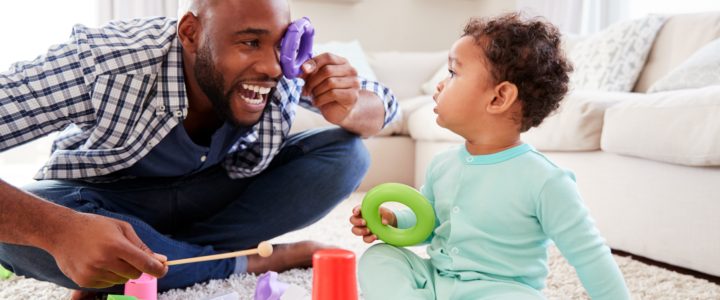
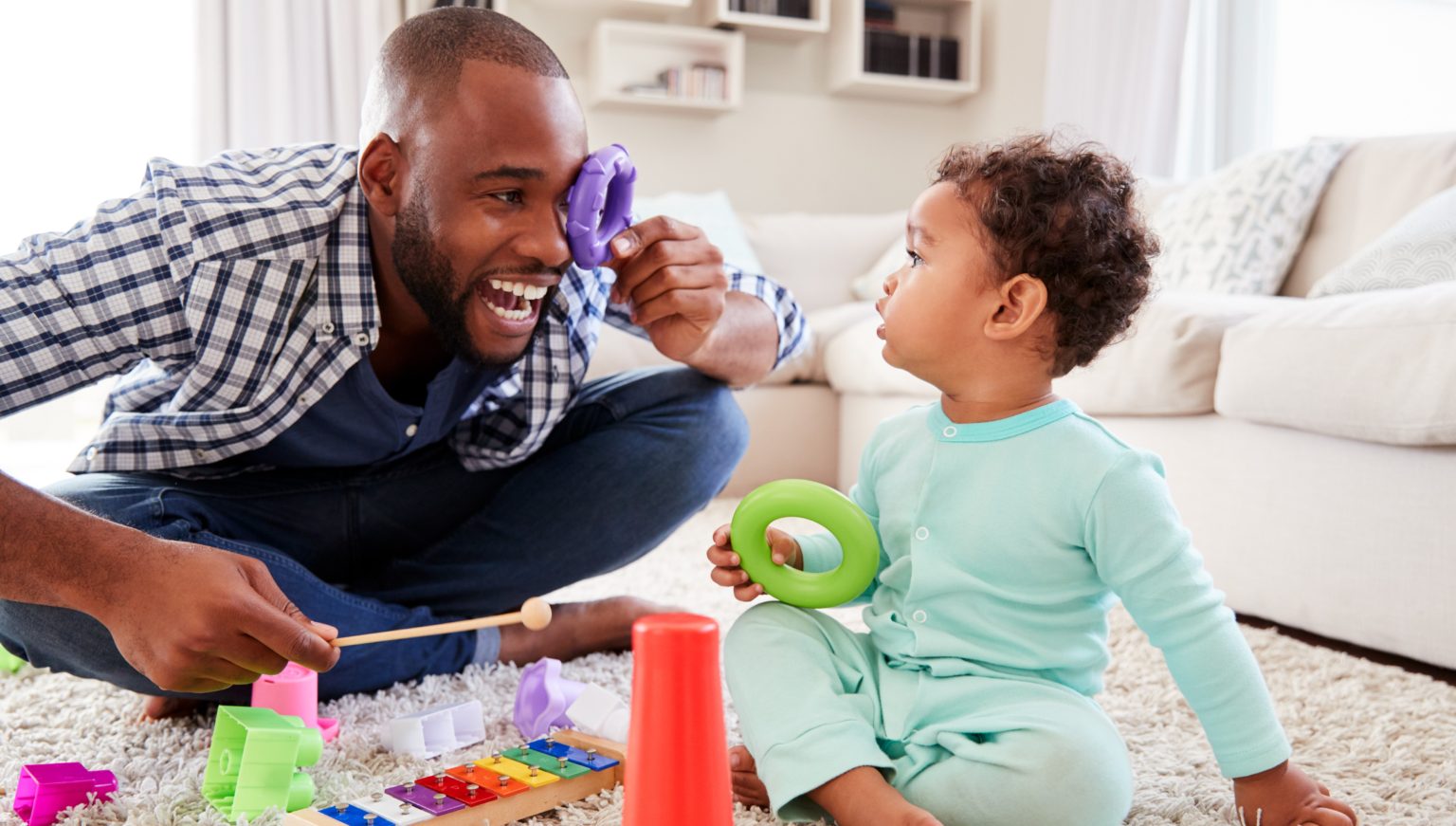
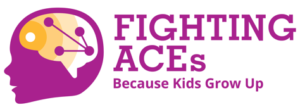

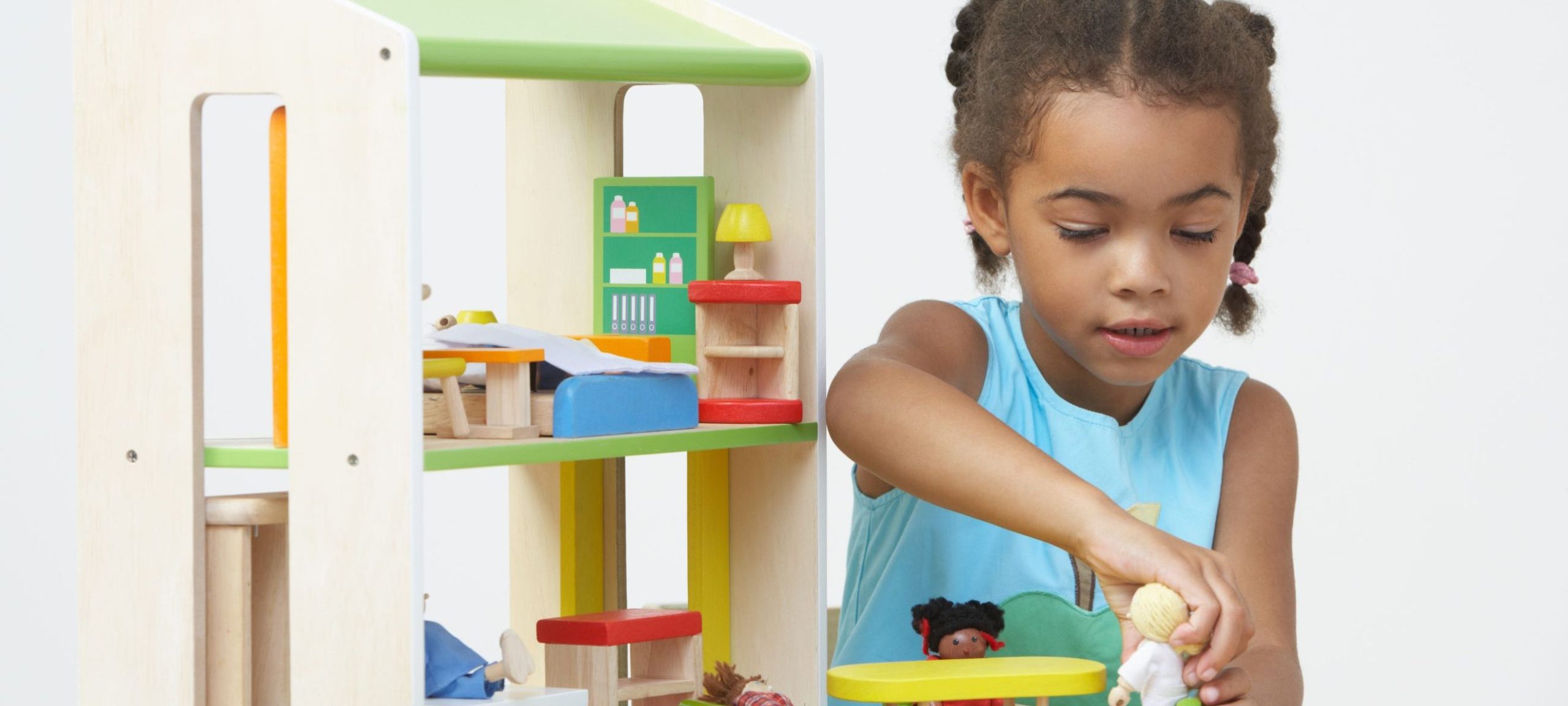
 At the Center for Child Counseling, we recently welcomed seasoned psychologist Dr. Anne Holland Brown to our team. Anne has more than 26 years of mental/behavioral health experience working with economically-disadvantaged, racially and ethnically diverse populations of children who have experienced child maltreatment and other types of trauma. She answered some questions about the importance of play and Play Therapy.
At the Center for Child Counseling, we recently welcomed seasoned psychologist Dr. Anne Holland Brown to our team. Anne has more than 26 years of mental/behavioral health experience working with economically-disadvantaged, racially and ethnically diverse populations of children who have experienced child maltreatment and other types of trauma. She answered some questions about the importance of play and Play Therapy.